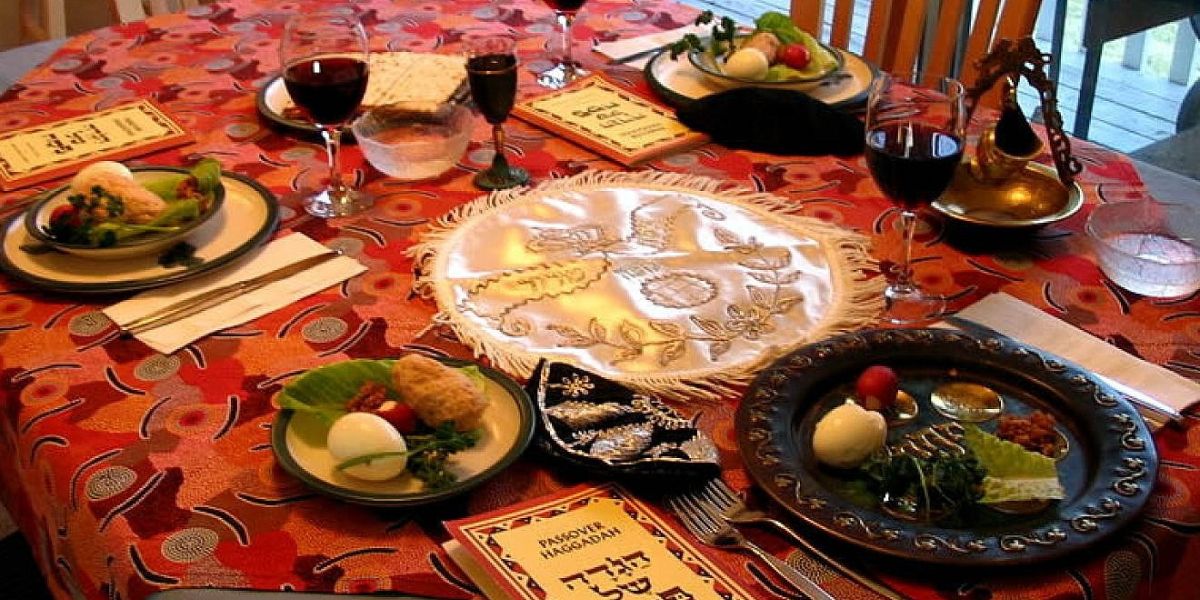Jewish food has always been more than just sustenance—it’s a storytelling medium that connects generations, faiths, and continents. Across Asia, a growing number of Jewish food fairs are doing just that: uniting diverse communities through shared meals, cultural curiosity, and the universal joy of flavour. From Hong Kong to Singapore to Mumbai, these vibrant gatherings are not only preserving tradition but also building bridges between Jewish heritage and Asian hospitality.
The Growing Appetite for Cultural Connection
In recent years, Asian cities have embraced cultural festivals with unprecedented enthusiasm. Within that mix, Jewish food fairs have emerged as both culinary showcases and community anchors.
In Hong Kong, the annual “Taste of Tradition” festival has become one of the most anticipated community events, drawing visitors from across China and beyond. Featuring everything from Israeli street food to Ashkenazi comfort classics like kugel and blintzes, the event blends local and global influences in ways that feel fresh yet familiar.
Table of Contents
Meanwhile, in Singapore, Jewish families and international visitors gather for the Kosher Asia Festival, where chefs demonstrate how to reinterpret traditional recipes using regional ingredients like lemongrass, tamarind, and coconut milk. These fairs are more than food stalls—they are living classrooms of cultural dialogue.
Fusion on the Menu: Jewish Flavours Meet Asian Cuisine
One of the most fascinating developments across these fairs is the fusion of Jewish and Asian cooking traditions.
Chefs like Eyal Ben-David, a Tel Aviv-born restaurateur now based in Bangkok, experiment with flavors that blur cultural boundaries. His take on “Pad Thai Tzimmes” and “Miso-Glazed Brisket” has become a festival favourite, sparking conversations about culinary identity and adaptation.
At the Shanghai Jewish Heritage Week, visitors can sample kosher-certified dim sum alongside Sephardic-inspired hummus. These dishes reflect not only creative flair but also a deeper story of coexistence and respect—how communities preserve dietary laws while embracing local innovation.
Economic and Cultural Impact of Food Festivals
Beyond the cultural exchange, Jewish food fairs in Asia also generate significant local economic activity. Vendors, caterers, and artisans often report record sales during these multi-day events. For local tourism boards, the influx of international visitors during festivals translates to higher hotel bookings, restaurant traffic, and cross-cultural visibility.
As Daniel Levy, author of this feature, notes in his interviews with festival organisers, corporate sponsors and city councils are increasingly seeing Jewish cultural events as opportunities to boost inclusive tourism. Cities like Manila and Kuala Lumpur have started incorporating Jewish fairs into their wider multicultural festival calendars.
In Hong Kong, partnerships between the Jewish Community Centre, local hospitality schools, and food brands have helped train young chefs in kosher cooking techniques—creating both professional and cultural exchange opportunities.
Preserving Identity Through Shared Taste
Food fairs are also helping preserve Jewish identity across Asia’s small but active communities. Many younger participants—especially those raised outside of Israel or the U.S.—see these festivals as vital touchpoints for reconnecting with their heritage.
“For many of us, the scent of challah baking or the first bite of a sufganiyah at Hanukkah brings back memories of grandparents, traditions, and belonging,” said one attendee at the Hong Kong Jewish Food Fair.
Through cooking demos, storytelling sessions, and kosher certification workshops, organisers ensure that culinary knowledge passes from one generation to the next, even thousands of miles from Jerusalem.
Challenges and the Road Ahead
Despite their growing success, organisers face unique challenges. Securing kosher ingredients in certain Asian regions remains difficult, and maintaining consistent certification standards adds logistical complexity. Furthermore, pandemic disruptions have pushed many fairs to adopt hybrid or virtual models, where livestreamed cooking sessions replace on-site tasting booths.
Still, resilience defines these events. The post-2023 revival of in-person fairs has shown that demand remains strong—and that Jewish cuisine continues to captivate audiences eager for both authenticity and innovation.
Looking forward, regional collaboration among Jewish cultural organisations could help streamline supply chains, share best practices, and expand the reach of kosher food awareness across the continent.
A Taste That Unites
Jewish food fairs across Asia represent more than gastronomy—they symbolise connection, continuity, and coexistence. In an increasingly globalised world, these festivals remind us that heritage can evolve without losing its essence.
As the aroma of fresh pita, brisket, and baklava wafts through Asian cities each year, they invite everyone—Jewish or not—to share in a celebration that transcends language and borders.
What’s your favourite memory from a Jewish food festival in Asia? Share your story with us in the comments below at jewishtimesasia.org.











